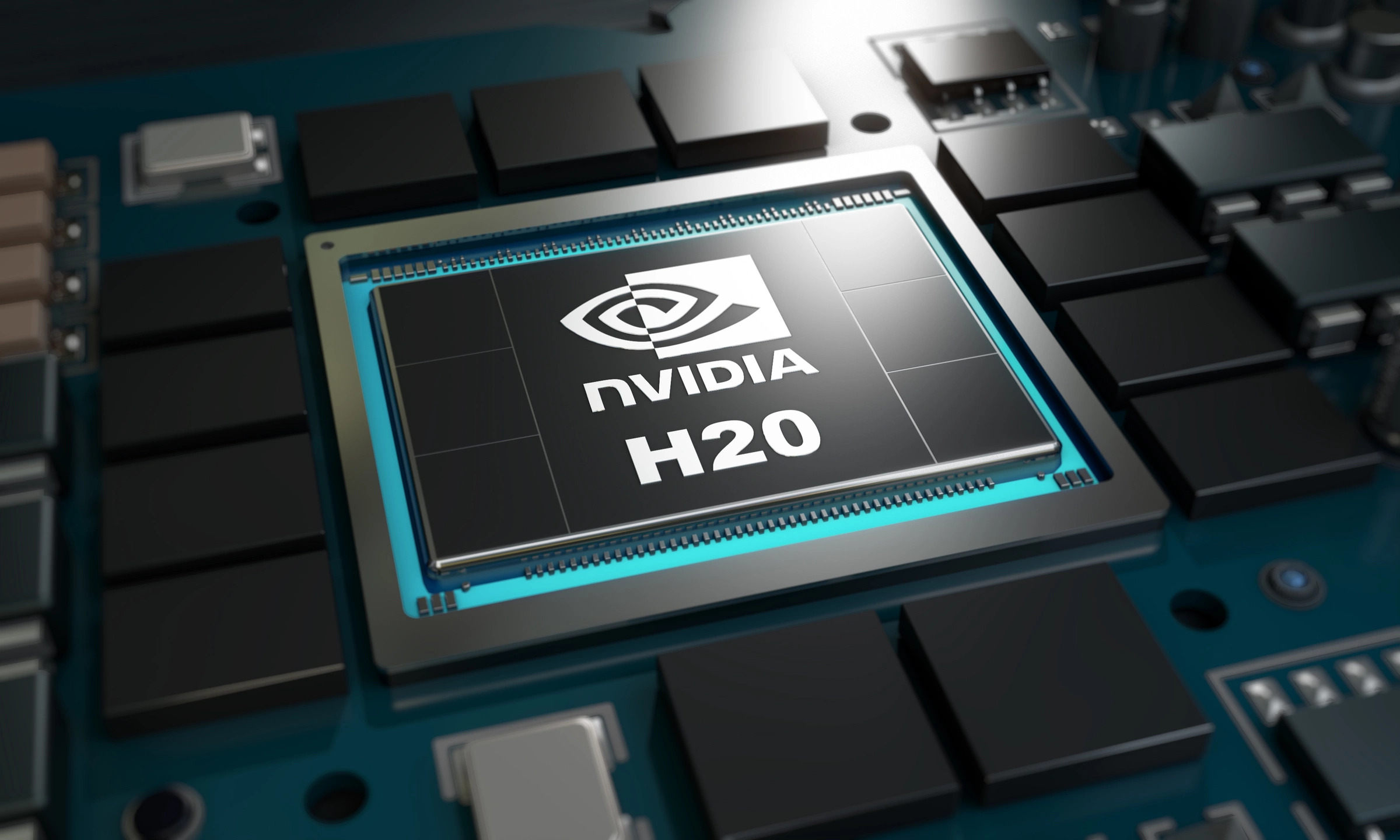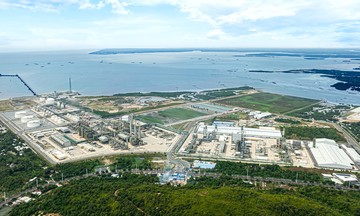Reuters reported last week that the US Department of Commerce had begun issuing licenses for the sale of advanced chips, such as the H20, to China. When asked about the 15% revenue-sharing agreement, an Nvidia spokesperson stated, "We comply with the regulations set by the US government for participation in global markets,".
AMD did not respond to requests for comment. Neither the US Department of Commerce nor the Chinese Ministry of Foreign Affairs has commented on the matter. The timing and implementation of this revenue-sharing agreement remain unclear.
 |
Nvidia H20 chips in Zhengzhou (Henan, China). Photo: Reuters |
Nvidia H20 chips in Zhengzhou (Henan, China). Photo: Reuters
The Financial Times reported that the chip manufacturers agreed to the 15% revenue share as a condition for receiving export licenses for advanced chips, including Nvidia's H20 and AMD's MI308, to China. The Trump administration has not yet decided how the funds will be used.
Geoff Gertz, a senior fellow at the Center for a New American Security (CNAS), described the agreement between the chip companies and the White House as "puzzling". "Either selling H20 chips to China poses a national security risk and we shouldn't be doing it in the first place, or it doesn't pose a risk, so why impose this levy?", he said.
Alasdair Phillips-Robins, an advisor to the US Department of Commerce during the Joe Biden administration, criticized the agreement. "If true, this suggests the administration is trading national security safeguards for budget revenue," he said.
The Trump administration halted licenses for the sale of advanced chips like the H20 to China in April. Last month, Commerce Secretary Howard Lutnick outlined plans to resume sales of AI chips as part of negotiations with China in exchange for rare earth minerals.
According to Lutnick, the US benefits from Chinese companies continuing to use American technology, even if the most advanced products are banned from export. Sources from Reuters indicated that the Trump administration does not believe the sale of H20 and similar chips poses a national security threat.
China is a significant market for Nvidia, generating USD 17 billion in the fiscal year ending 26/1, representing 13% of its total revenue. Similarly, AMD sold USD 6.2 billion worth of chips in China in 2024, which equates to 24% of its revenue.
Phien An (Reuters)












